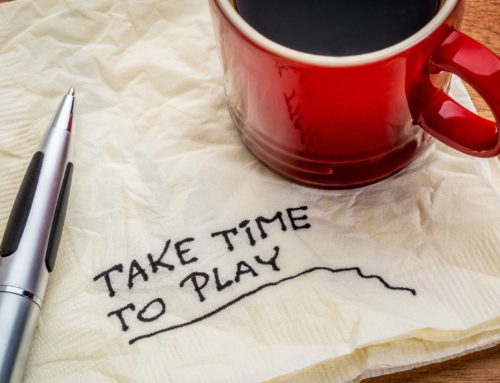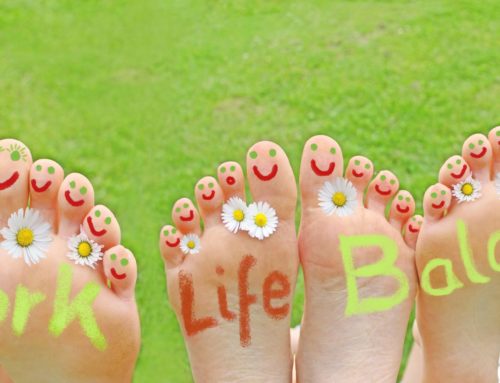Work can sometimes feel like a dirty word, especially if it consumes nearly every thought. When your work life and personal life are out of balance, you can feel like a dog chasing its tail. Gaining balance is necessary for many reasons.
The forty-hour work week has become a myth. Each year, people are logging in more and more hours at work. Whether those hours are in the office or catching up on emails at home, they have an effect on your overall health and happiness. Over the next three articles, we will explore the topic of work/life balance. This time, we look at why the vast majority of the population is unbalanced in their work/life.
It is very easy to blame technology for work/life imbalance. Considering one-in-five people carry a handheld computer in the form of a smart-phone, this is a valid argument. Technology is NOT the main cause for imbalance, however. It is simply an enabler of the problem.
The main cause of work/life imbalance is the need to juggle many critical aspects of our lives, to include work, family, friends, and success. This juggling routine can become more intense depending on one’s economics, career, or family status. The under-employed suffer from imbalance primarily due to economics while the mid- and upper-level executives tend to suffer because of the current state of their career. Regardless, the effects of imbalance are felt by all.
When you are out of balance, the body continually operates in reaction mode. Over time this can have serious consequences, and for many it does. Relationships with family and friends tend to be the first to suffer. Depending on the person, either one’s health or work can begin to decline. There can be a decrease in productivity and an increase in making mistakes, which leads to decreased success on the job.
Health risks can increase over time. Insomnia, memory loss, hair loss, skin changes, and depression are only a few of the symptoms of “burnout”. These are then compounded by anything taken to counteract the issues. Stimulants, such as caffeine and energy drinks, will magnify the symptoms of burnout, causing a vicious daily cycle.
Achieving and maintaining work/life balance is necessary for all areas of life. Working longer hours to make more money will never solve the problems of a work/life imbalance. Making deliberate choices and instilling better habits to effectively manage it all will give you better control over what causes your imbalance and to resolve those issues. For example, not checking emails after work or during days off, making and keeping plans with family and friends, and exercising are all ways to help create balance and reduce the need to operate in reaction mode on a day-to-day basis.
When we are balanced, relationships with family, friends, and colleagues are maintained. When one’s stress is well-managed, it is easier to adopt and maintain a more positive mood and outlook, which has been proven to help protect physical and mental health. When good health is preserved, there is more energy available for family, friends, and work. Successfully balancing work and life creates a new, more enjoyable daily cycle. Instead of feeling like a hamster trapped in a wheel, life is more like a carousel. There will be ups and downs, but there is room for others to join you on the ride.
Not convinced? Check out Nigel Marsh’s wake-up call in this TED Talk. [https://www.youtube.com/watch?v=jdpIKXLLYYM]
David Klein is a leading Executive IT Recruiter & Headhunter with over 15 years industry experience. As Manager of Recruitment Strategy for KDS Staffing, Inc., he has achieved industry-leading success. David has successfully led, trained and introduced many in the art of Executive Recruitment and Headhunting. If you or your organization would like to discuss hiring needs, contact David at 646-650-2833 or david@kdsstaffing.com.







